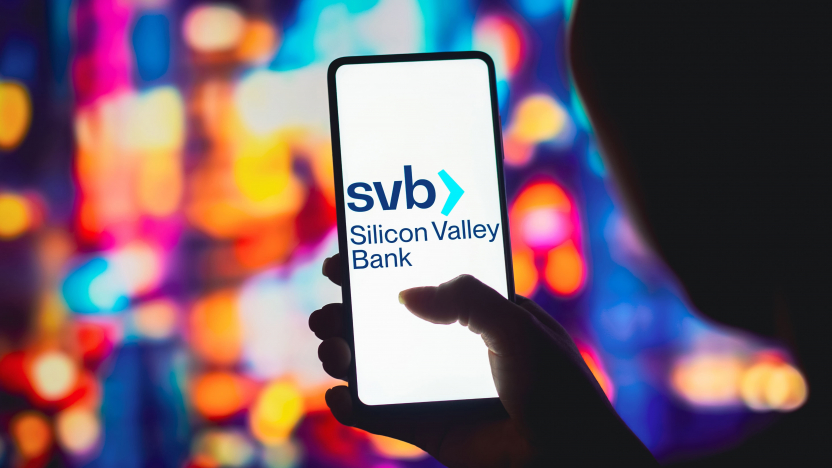Patent pledges, IP financing and the collapse of the Silicon Valley Bank

As a tech start-up specialist, Silicon Valley Bank (SVB) held pledges on numerous patent rights. Rose-Marie Ehanno explains how patent pledges work and what the collapse of SVB means for affected patent holders.
SVB’s collapse in March drew headlines around the world. Previously America’s 16th largest commercial bank, SVB provided banking services to nearly half of all US venture-backed technology and life science companies, with operations extending across the globe. As a tech and start-up specialist, SVB provided IP financing on the basis of clients’ patent rights, also known as patent pledging.
What are patent pledges?
Pledges enable companies to secure banking loans by using their patent rights as security, in a similar way to how houses are used as collateral for mortgages. The difference, of course, is that intellectual property (IP) is an intangible asset, whereas a house is a physical property.
For example, a company may approach its bank looking for financing to develop a new product. In turn, the bank may ask for a guarantee to guard against non-repayment. If the company offers up its patents as security, a patent pledge agreement will be drawn up in parallel to the loan agreement. Generally, this will enable the pledging company to continue to exploit and enforce its patents, however, it may not sell its patents or pledge them to anyone else.
At the end of the contract, two scenarios are possible:
- if the company has reimbursed the bank within the time limits and conditions provided, complete ownership of the patents will revert to the rights holder;
- if the company has not reimbursed its loan according to the contracted conditions, the patents may be seized and/or sold by the bank. (If the value of the patent exceeds the value of the unpaid amount, the bank must pay the company a sum corresponding to the difference between these two values.)
What happened to the patent pledges held by SVB?
The collapse of SVB in March – just like that of Credit Suisse, a few days later – naturally sparked the concern of customers who had entrusted it with their savings. In just a few days, however, all loans and deposits had been bought by rival banks: First Citizen acquired the operations and assets of SVB in the US, HSBC took over the London branch of SVB, and UBS absorbed Credit Suisse. Following these acquisitions (which include the purchase of all the assets and liabilities of the failing banks), the rights relating to the pledged IP titles have also been taken over by the acquiring banks.
In Europe, where patent pledging is less developed than the US, one of the few online patent registers where you can check which patents have been pledged by an entity is the Belgian register. This reveals only one pledged patent in the name of SILICON VALLEY BANK and seven in the name of CREDIT SUISSE. Therefore, it is likely that these banks also held collateral on other patents elsewhere in Europe.
In the US, on the other hand, thousands of patents have been pledged to SVB. The bank mainly had American customers with US patent rights, however, this large number also indicates the difference in practices between Europe and the US. Not only is financing offered more often on the basis of collateral than in Europe, where the practice is only slightly developed, but patent rights holders in Europe are also less likely to be aware of the possibilities to acquire financing based on patent rights or the processes for registering pledges.
What happens next to the affected patent pledges?
Companies that have guaranteed loans with SVB or Credit Suisse by pledging their patent rights, will have to honour those contracts before the new owners of those failed banks. In the event that they do not, those new owners may seize or demand the sale of the pledged securities.
However, the acquiring banks will only be able to enforce their rights to the pledged IP after registering the transfer of ownership in the relevant patent or trademark register. (Find out more about IP due diligence following takeover, merger or sale in our white paper ‘IP in M&A: A practical guide’.)
If you have any questions about patent pledge agreements or the registration of pledges, contact your Novagraaf attorney or get in touch using the contact form below.
Rose-Marie Ehanno is a Legal Consultant at Novagraaf in France and also leads its dedicated contracts and patent recordals team.